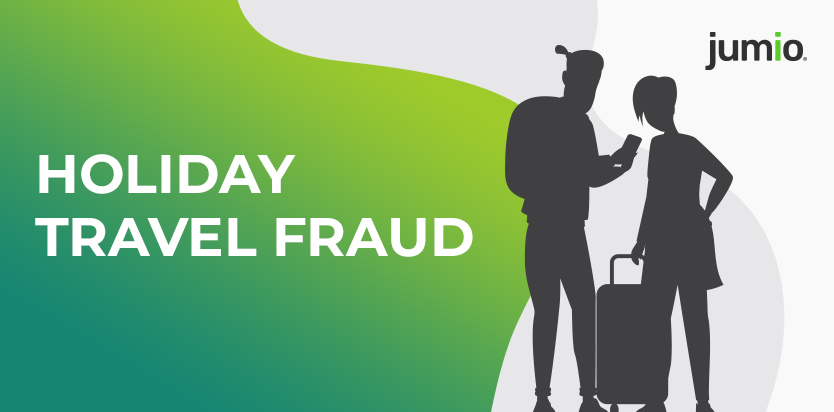
After a massive decline during the COVID-19 pandemic, travel came soaring back in 2022. But while this rebound is good news for the travel industry, fraud has also been taking off.
Criminals have realized that travelers provide a gold mine of value, both in the ease of stealing their identities (made easier because travelers must repeatedly provide their passport or other ID) and the high rewards for stealing points from loyalty programs, which can easily be sold on the dark web or converted to tickets that they later sell. And because travelers are often distracted and are forced to use unfamiliar ATMs and payment devices, they are also easier targets for thieves who want to steal their credit cards, debit cards and PINs, both through pickpocketing and through skimmers. Fraudsters can then use those stolen cards to book tickets, car rentals and hotels.
This problem is exacerbated during the holidays, when travel reaches fever pitch. With overcrowded airports, flight delays, frantic rebookings over unsecured Wi-Fi connections and late arrivals to hotels and car rentals, the risk of identity theft, account takeovers and fraud skyrockets.
At the same time, travelers are increasingly demanding digital check-in and the ability to go straight to their hotel room or rental car without having to stop at the front desk to check in. Companies are left juggling the need to provide a great user experience with a highly effective Know Your Customer (KYC) solution that prevents fraud by remote users as well as in-person travelers.
Let’s look at some of the challenges faced throughout the travel industry:
Airlines
Airlines are a prime target for fraud because of the high value of airline tickets as well as airline miles. Fraudsters can buy airline tickets with stolen credit cards and sell them to third parties. Or they can take over a user’s mileage account and either buy a ticket with their miles or transfer the miles to the highest bidder on the dark web.
Car Rentals
Cars are high-value assets that must be protected against theft. Many companies allow you to go straight to the car you’ve rented and just show a driver’s license on the way out of the parking lot. But with advances in fake IDs, it’s hard for humans to spot fraudulent IDs unless they’re specially trained verification experts. Additionally, a car rental company who sells their used vehicles can lose huge amounts of money to fraudsters who purchase them online and take delivery of them remotely.
Hotels
Hotels wouldn’t seem like major targets for fraud. After all, a hotel reservation is just a reservation, and not something you can typically sell in a secondary market.
But just as with airlines, it’s the loyalty program points that fraudsters are after. If they can take over your account, they can easily transfer your points to buyers on the dark web or position themselves as travel agents who take money from travelers and use stolen points to book the rooms. Or they can book themselves into lavish rooms for free using someone else’s points. Because people don’t check their loyalty point balances very often, the criminals are usually long gone by the time the victim discovers their account has been hacked.
Sharing Economy
If your business enables private parties to rent their vehicles or homes, it’s critically important for people on your platform to be able to trust each other. You must also go a step further and protect your platform from being used for money laundering. For example, a drug dealer might list a luxury home or car for rent at a very high daily rate as a method for enabling their buyers to pay them through your platform, thereby legitimizing the proceeds.
The Solution
To combat modern travel fraud, you need a first-class solution. The Jumio KYX Platform provides everything travel and hospitality companies need to establish trust and safety. From onboarding to ongoing monitoring, Jumio gives your legitimate customers a great experience while helping to keep criminals away from your business.
To learn more about best practices for preventing fraud during the holidays and beyond, check out our latest guide, Know Your Traveler: How to Establish Trust in Travel & Hospitality.
Originally published November 17, 2022; updated November 9, 2023
